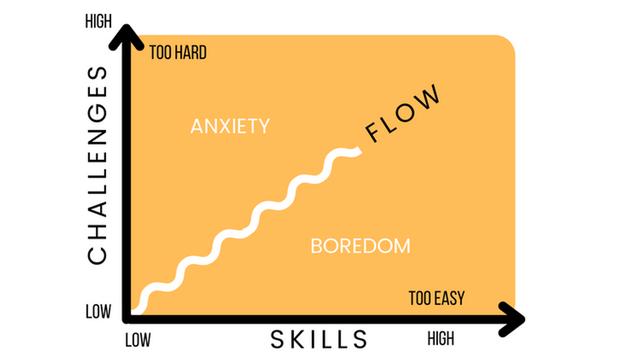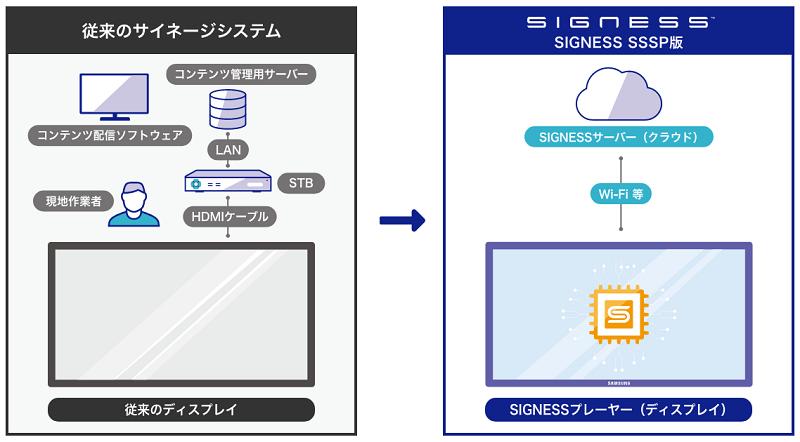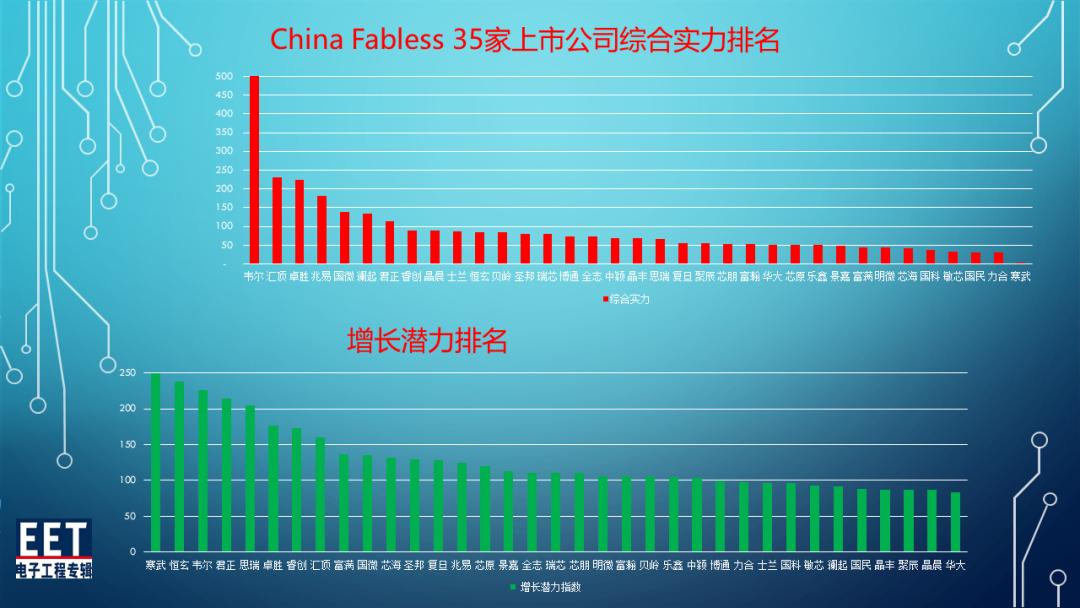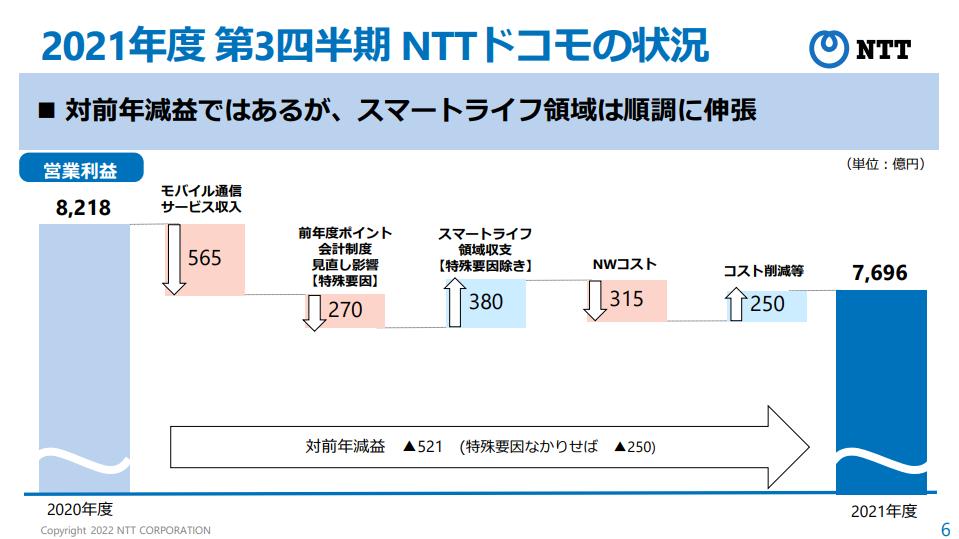AI Stakeholders Can't Ignore UNESCO's AI Ethics Recommendations: All 193 Member States Concur - TechTarget Japan Data Analysis
In order to guide the development of ethics in AI, the recommendations set 10 principles (safety and security, fairness and non-discrimination, proportionality and harmlessness, sustainability, transparency and accountability, awareness and literacy, etc.) and backed up by policy measures on how to realize the principles.
In addition, we strongly recommend the use of ethical impact assessments as a way to ensure that AI developers and deployers consider the wide-ranging socio-economic impact of systems, including the perspective of data protection and human rights. It calls on Member States to put in place "strong enforcement mechanisms and corrective actions" to effectively deal with any harm caused by
It also shows how the AI system should and should not be deployed. “Member States shall provide appropriate incentives to make the development and adoption of AI solutions rights-based and ethical for the purposes of disaster risk recovery, environmental and ecological monitoring, protection and regeneration, and conservation of the planet. We need to introduce
"Such AI systems need to encourage participation of local and indigenous communities throughout their lifecycle, supporting circular economy approaches and sustainable usage and production patterns."
The AI should not be used for human rights violations or abuses, and added that "AI systems should not be used, especially for the purpose of social rating or mass surveillance".
When member countries devise regulations to deter social ratings and the possibility of mass surveillance, they must ensure that the final responsibility always lies with humans, and give legal personality to AI itself. It is also emphasized that it should not be.
"The world needs rules that will benefit mankind regarding AI. This recommendation on the ethics of AI is the answer. This recommendation sets the first global normative framework and at the same time UNESCO will assist Member States in implementing these Recommendations, and urge Member States to report regularly on their progress and implementation,” said Audrey Azoulay of UNESCO. says the secretary general.
In September 2021, the United Nations Human Rights Council published a report (A/HRC/48/31). The report finds that many states and companies are rushing to deploy AI systems and often failing to do adequate due diligence on their impact on human rights.

The human rights due diligence process includes identifying, assessing, preventing, with the aim of mitigating it,” adding that due diligence should be conducted throughout the lifecycle of an AI system.
``If the due diligence process reveals that the use of AI is incompatible with human rights, there is no meaningful way to mitigate the damage, so the use of AI should not be pursued any further.''
The announcement of this report is in line with comments made by the United Nations High Commissioner for Human Rights, Michelle Bachelet, calling for a moratorium on the sale and use of AI systems that pose serious risks to human rights as an urgent issue.
The UNESCO recommendation is the first case in which China has agreed to end mass surveillance by AI, which is already widespread. It should be noted, however, that the United States has not voluntarily signed the Recommendations, as it is not a member of UNESCO.
In October 2021, the British Institute for Development Studies and ADRN (African Digital Rights Network) conducted a comparative analysis of surveillance laws and practices in six UNESCO member countries: Egypt, Kenya, Nigeria, Senegal, South Africa, and Sudan. announced.
As a result of this analysis, governments are using and investing in new digital technologies to illegally monitor their citizens, such as AI-based internet and mobile surveillance for mass scanning of electronic communications. It was revealed.
Public surveillance is also carried out in other UNESCO member countries. GCHQ (Government Communications Headquarters), a secret intelligence gathering agency in the United Kingdom, has signed a confidential contract with the National Security Agency (NSA) to illegally analyze telephone, internet and email records of British citizens. It turns out. GCHQ has not officially announced exactly how the AI will be used. A policy document released in February 2021 made no mention of surveillance, but said it was using AI responsibly to keep Britain safe.
The EU (European Union) is trying to regulate the use of AI in a legally binding way. But the EU's proposed AI law won't truly protect fundamental rights unless it addresses structural power imbalances, say more than 100 civil, human and digital rights groups. raising.
Human Rights Watch also issued a statement (November 2021), arguing that the AI law threatens to undermine the EU's social safety net, and is not ready to protect people from surveillance and discrimination. do.
Human Rights Watch's Amos Toh (Senior Researcher on AI and Human Rights) says that this proposal will not be able to finally put an end to the "abusive surveillance and profiling" of the poor. "The EU's proposals are insufficient to protect people from algorithms that unfairly remove the help the poor need to support themselves and find work."









